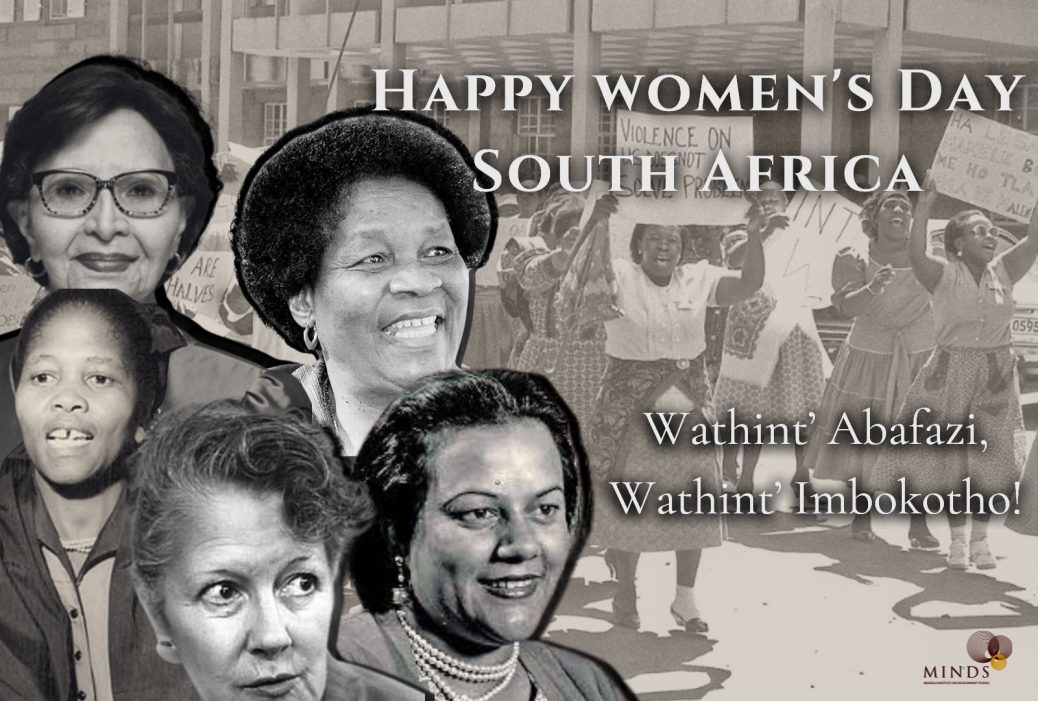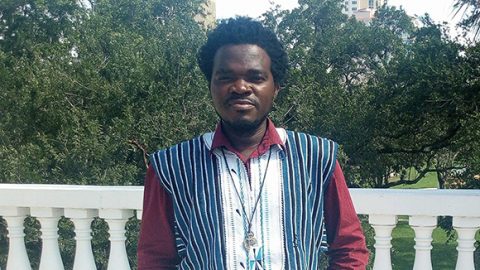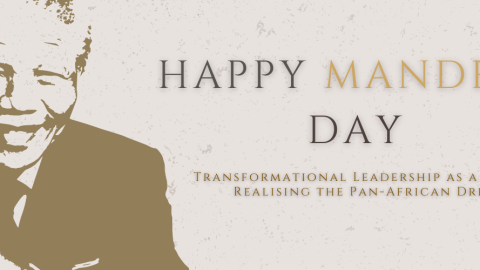Today, 9 August 2023, we celebrate the power of South African women, according to the FSAW. In 1956, South African women decided to take the destiny of South Africa into their own hands by organising the most significant demonstration South Africa had ever seen in its history.
What is the history of this abusive law?
As early as 1893, some laws in the capital of the Orange Free State of South Africa, Bloemfontein, required non-white men and women to carry documents to prove their place of residence. This type of law was designed to control the movement of people and then restrict their move into the city. It was also a way of separating the blacks from the whites and hindering the people of colour from getting better jobs. If they broke the law, they could be imprisoned and sometimes more. From 1913, meetings were held around South Africa to protest this unfair decision against African people; women mainly led these protests. In 1952, the Native Laws Amendment tightened movement controls, making it an offence for any African (including women) to stay within an urban area for more than 72 hours without a permit.
A massive mobilisation for freedom:
During the 1950s, demonstrations and protests spread throughout the country, especially in the cities (East London, Cape Town, Pietermaritzburg, Durban). In 1956, a massive rally was held by women in Pretoria, The capital city. This was organised and led by courageous women, including Rahima Moosa, Lilian Ngoyi, Helen Joseph and Sophia Williams.
The impact of this mobilisation was beyond just the fight for women’s rights; it impacted the rights of all South Africans. These demonstrations were a meaningful way of fighting for solidarity because it was impossible to leave anyone behind during these struggles; as someone said in 1956: “If they arrest one, we all go in [to jail], and there is no going back”. (SAHO women’s interviews). In 1956, we could at least speak of an emancipation of women’s expressions; it is estimated that between 10,000 and 20,000 women took part in this long march to deliver a petition against apartheid oppression to Prime Minister Hans (JG) Strijdom. This demonstration is particularly significant in South African history as it was one of how
oppression was fought through the power of expression. Women could make decisions for themselves and sit at the table to plan for the country’s future.
What is it about today?
The 9th of August 1956 is still an important day for South Africans and is still celebrated for the power of mobilisation. These women stood tall and brave against the law, and no one could escape their actions. The song that was sung during this demonstration is also an essential sign of determination: “Wathint” abafazi, within imbokodo, “which translates as ” You Strike a Woman, You Strike a Rock”.
Today, we remember these women because the struggle is not yet over; we still have so much to do to improve our societies. This demonstration still affects women’s lives today and has allowed some people to be part of society and express themselves. We still need to improve the place of women in democracy by empowering all women across the continent. Women’s meaningful role in our societies should always be remembered.
References:
The 1956 Women’s March in Pretoria by Idara Akpan with SAHO and Southern Methodist University: https://www.sahistory.org.za/article/1956-womens-march-pretoria
You strike the Women; you strike the rock by Saho – Archive for Justice: https://www.saha.org.za/women/national_womens_day.htm.
Les femmes d’Afrique défendent leurs droits pour les Nations Unies : https://www.un.org/africarenewal/fr/magazine/2012-hors-série-femmes/les-femmes-d’afrique-défendent-leurs-droits














